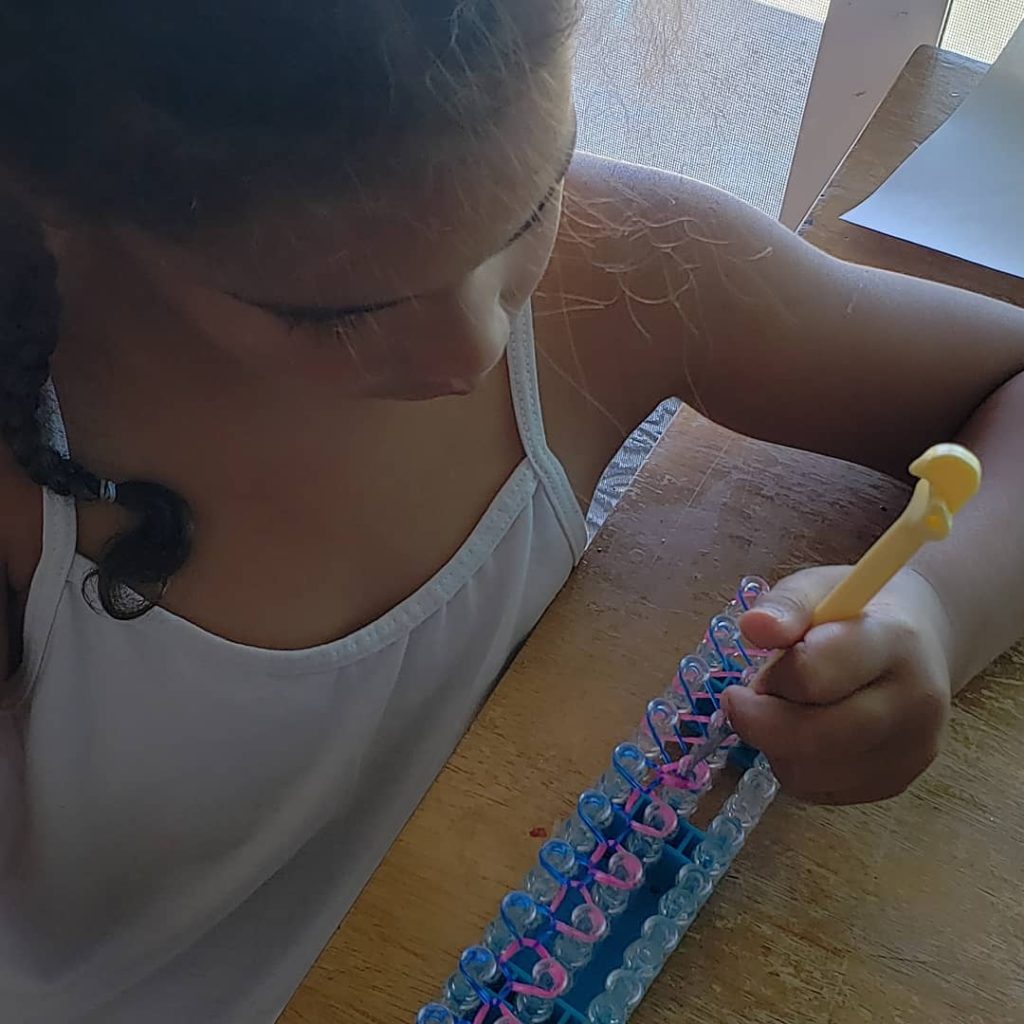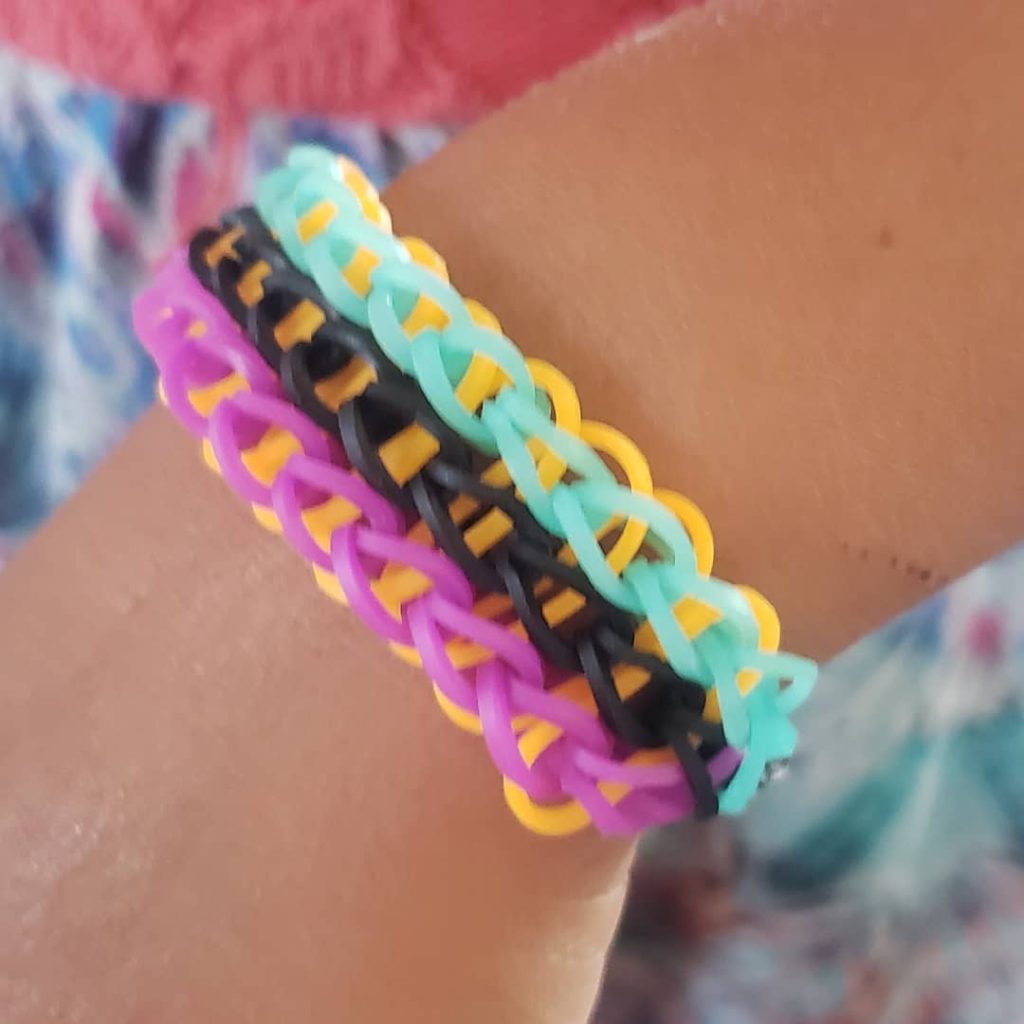Whoever loves discipline loves knowledge, but whoever hates correction is stupid.
Proverbs 12:1
If you reject discipline, you only harm yourself; but if you listen to correction, you grow in understanding.
Proverbs 15:23
As a recovering perfectionist, these verses strike me hard. I was a straight A student for most of my life, and making mistakes was anathema to my very being.
Soon after the pandemic hit, Afa and I asked if we could start hosting parenting workshops for the parents in our church. When schools went virtual, there were many people who suddenly became full time parents, and we thought that some biblical teaching could be helpful in the unexpected circumstances. During our time leading the children’s ministry, we had been given significant latitude to run the programs in the way we thought best for everyone. I remember thinking early in the process, “At some point we are going to overstep, and that’s going to be hard for me.” Lo and behold, that moment came while we planned the first parenting devotional.
We got approval to host the devotional and the assigned date. Afa and I put together a program with topics and speakers but did not get anyone to look at it first. Then we sent it out to everyone involved. There were a couple reasons that the program was less than ideal for the first parenting devo. Afa and I had made a few missteps on it, and even though we had done so with the best of intentions, we had not gotten input from anyone for an event that involved eight churches across three time zones.

Needless to say, the same day we sent the program out, I received a phone call from our church leader who very kindly and gently provided corrections on the things we had done wrong. She walked through how to do them better for future parenting devotionals and was still super encouraging at the same time that this one would be a great success. After working out a plan to move forward, we hung up the phone. Then I fell apart. I hate making mistakes and the fact that we had made such big ones and that I had to have a full conversation to correct those mistakes damaged my pride in every possible way.
Instead of being grateful for the correction (and for its gentle and kind delivery), I wanted to go in the opposite direction and cancel the entire event. “Well, if I’m not good enough to do it right, then I just won’t do it at all.” It was a full-on adult temper tantrum in the middle of the laundromat where I received the call. Thankfully, I have many godly friends who are always willing to bring me back to the Bible in moment where I stray from the narrow path. I talked to a friend and was very open about the whole situation and all my responses to it. She read me this Scripture and reminded me that I should love correction and discipline. This is the foundation of biblical learning. No one is perfect at everything, and the only way to get better is to embrace correction wholeheartedly.
The first parenting devotional went well. All the speakers were excellent, and I learned an incredibly important life lesson.
Unfortunately, Ana Lia also learned to hate correction, likely by watching me be a perfectionist. I had noticed it a few times while we would do things like play new games or work on reading lessons, but it became obvious the day we started working on her Rainbow Loom. She is a natural artist, but the loom required some training and practice. We watched a few YouTube videos to figure out how to place the bands and how to loop them, and the placement of the bands required precision or the bracelet fell apart when removed from the loom. One colored band had to be on the bottom and then looped to the top of the following pin. I showed her how to do one pin, and she looped it the wrong way. I kindly and gently showed her how to undo that one and place it correctly. She threw a full-on child’s tantrum and sounded exactly like me when she did it.

I had to make a decision about the best way to teach this lesson to her. I didn’t want her to have the same struggles I did 30 years later. I didn’t want her to be hamstrung by perfectionism. She was really angry that I corrected her, and I have found that highly emotional moments are not the most effective time to teach life lessons. I simply explained to her that making these bracelets required the loops to be done the right way so that the bracelets did not fall apart. If she did not want me to help her, that was fine, but her bracelets would fall apart. I calmly stood up and walked away from the table to communicate that I did not HAVE to be there to help. She started crying because I left, so we went to sit on the couch together to calm down before starting again.
By the time we were done on the couch, she was calm enough to talk through her feelings and calm enough to hear the Scripture when I read it to her. She could process enough to at least ask me to come back and help her finish. After she decided that she was willing to accept correction, we made it through the first bracelet quickly. She is naturally talented with this type of thing and only needed me to show her once. When I showed her another YouTube video walking us through making a more complex weave, she was happy to sit beside me and figure out how to do all her loops the right way. It was an incredible learning experience for us both.

Loving correction is directly at odds with pride and perfectionism. When I am willing to make mistakes, even public mistakes, I grow as a person and a disciple. It also makes me more relatable to other women. If it looks like I always do everything perfectly, which is strongly my preference, other people don’t feel as comfortable being open about their shortcomings – and that’s not a great environment for anyone.
The best example I have seen of someone who loves correction is the LA church leader Tim Kernan. He would take drafts of his books and different writings and post them online, asking for anyone to read them and give feedback. He readily accepted correction from anywhere and everywhere. It always amazed me because I would be too embarrassed to take a draft of my writing and put it out there for everyone to critique, but I can only imagine how much better his books were because he crowd-sourced his correction. He actively sought it out. He didn’t wait for it to come. I wonder how many of my weaknesses would be strengths if I actively sought out correction for them.
I never want my Lord to look at me and be like “Well, that’s stupid.” And Biblically, that’s what the Lord says when I reject correction. It is one of my biggest weaknesses, but one that I have focused on recently. There are days when I ask my kids how I could do better and then take their suggestions to heart. I walk in the light and confess my sins so that I can get discipling and correction. It takes self-denial for me to look “bad,” but that’s the only way that these things will become my strength. And I hope that I learn to set a better example for my kids. I want them to love discipline, embrace correction, and grow through challenges instead of shrinking back when they make mistakes.